Executive Summary: The Psychology of the Meme
The Clinical Reality: Memes are not just “internet junk”; they are sophisticated vehicles for emotional regulation. For the digital generation, sharing a meme is a bid for connection—a way to say, “I am suffering, are you?” without the vulnerability of direct speech.
Key Psychological Functions:
- Normalization: Seeing a meme about depression or anxiety validates the user’s experience (“I am not crazy; I am not alone”).
- Sublimation: Following Freud, memes allow us to transform socially unacceptable impulses (rage, despair) into acceptable humor.
- Digital Archetypes: From a Jungian perspective, meme characters (Wojak, Pepe, Karen) function as modern archetypes, helping us navigate the collective unconscious of the internet.
The “This is Fine” Phenomenon: Popular memes often depict dissociation or denial, serving as a collective mirror for societal trauma.
Memes for Therapy? The Neuroscience of Digital Coping and Collective Trauma

In 1976, evolutionary biologist Richard Dawkins coined the term “Meme” to describe a unit of cultural transmission—an idea that spreads like a virus. Today, memes have evolved into the primary dialect of the internet. But for therapists and clients alike, they have become something more: a survival tool.
Why do we laugh at a cartoon dog sitting in a burning room saying, “This is fine”? Why do millions of people share images joking about their own trauma, insomnia, or executive dysfunction? The answer lies at the intersection of Neurobiology, Sociology, and Depth Psychology. Memes are the “Gallows Humor” of the digital age, providing a vital safety valve for a generation facing unprecedented global and personal stressors.
Part I: The Neurobiology of “Relatability”
When you scroll past a meme that makes you stop and say, “That’s me,” your brain is undergoing a specific chemical reaction. It is the shock of recognition.
1. Dopamine and Validation
The “Relatable Meme” triggers the brain’s reward system. It alleviates the pain of isolation. In clinical terms, isolation is a threat state (High Cortisol). Finding a community that shares your specific, weird symptom (e.g., “doom piles” or “revenge bedtime procrastination”) lowers that cortisol and releases Dopamine and Oxytocin.
[Image of Dopamine Reward Pathway in the Brain]
2. Emotional Containment
Trauma often feels boundless and unnamable. A meme creates a container. It takes a massive, overwhelming feeling (like climate anxiety or grief) and compresses it into a 4×4 square image with impact text.
The Effect: This makes the unmanageable feel manageable. It creates Cognitive Distance (a key component of DBT and resilience), allowing the person to look at their pain rather than being drowning in it.
Part II: Memes as Modern Mythology (A Jungian Lens)
From a Jungian perspective, the internet is a manifestation of the Collective Unconscious. Memes are the myths we tell ourselves to make sense of the world.
The Rise of Digital Archetypes
Just as the Greeks had gods for every human trait, the internet has meme characters:
- The “Karen”: The Shadow archetype of entitlement and lack of empathy.
- “Hide the Pain Harold”: The Persona archetype—the smiling mask we wear while suffering inside.
- “Doomer / Wojak”: The manifestation of nihilism and depression in a decaying society.
When we share these images, we are engaging in a form of Symbolic Play. We are trying on different archetypes to process our own shadow sides. A therapist might ask, “Which meme character feels like you today?” to bypass defense mechanisms and access deep emotional truths.
Part III: Gallows Humor and Collective Trauma
Dark humor has always been a coping mechanism for the traumatized. In the trenches of WWI, soldiers wrote satirical newspapers. In 2024, Gen Z makes TikToks about their trauma.
The Mechanism of “Trauma-Meming”
Sharing a meme about a traumatic event (e.g., abusive parents, systemic collapse) serves three functions:
- Agency: It takes a passive experience (being hurt) and turns it into an active creation (making a joke).
- Desensitization: Repeated exposure to the source of fear, paired with humor, reduces the physiological threat response (similar to EMDR or exposure therapy).
- Signal Boosting: It acts as a bat-signal to find other survivors. “If you laugh at this, you are part of my tribe.”
Clinical Note: This is why Somatic Therapists often see humor as a sign of a regulating nervous system. If you can joke, you are not in a total “Freeze” state.
Part IV: The “Meme-ification” of Therapy Language
One of the most fascinating trends of the last decade is the infiltration of clinical terminology into meme culture. Words like “Gaslighting,” “Narcissist,” “Attachment Style,” and “Dissociation” are now common vernacular.
The Pros:
This has led to massive destigmatization. It has given people the vocabulary to describe their abuse (e.g., DARVO tactics). It has democratized mental health knowledge.
The Cons:
It leads to “Concept Creep.” Complex clinical diagnoses are watered down.
* A bad breakup becomes “They are a narcissist.”
* Normal conflict becomes “Gaslighting.”
* A preference becomes a “Boundary.”
While memes spread awareness, they often lack nuance. True healing requires moving beyond the label (“I have anxious attachment”) to the work of repair (“I am learning to self-soothe”).
Part V: Using Memes in Therapy
Should you show your therapist a meme? Absolutely.
At Taproot Therapy Collective, we often find that clients can show us a meme much faster than they can explain a feeling.
The “Bridge” Technique
A client might feel too much shame to say, “I hate myself today.” But they can show a meme of a trash can on fire labeled “My Vibe.”
This is a Bridge. It allows the therapist to join the client in the humor, validate the pain underneath, and then gently transition into the deeper work. It respects the client’s defenses while simultaneously lowering them.
Conclusion: The Laughter in the Void
Memes are not a replacement for therapy, but they are a powerful adjunct to it. They are the digital folklore of our time, cataloging our anxieties, our grief, and our absurdity.
If you find yourself saving memes about depression at 3 AM, your brain is trying to tell you something. It is trying to tell you that you want to be seen. The next step is to take that desire for connection out of the screen and into a real relationship—whether with a friend, a partner, or a therapist.
Explore Modern Approaches to Mental Health
Taproot Therapy Collective Podcast
Understanding the Digital Mind
QEEG Brain Mapping: The Science of “Brain Rot”
Neurofeedback: Rewiring the Scrolling Brain
Personality Psychology: Who Are You Online?
Healing Trauma & Relationships
DARVO & Gaslighting: Clinical Definitions
EMDR: Processing What Words Cannot
Lifespan Integration: Connecting the Self
Jungian Therapy: Working with Archetypes
Bibliography & Further Reading
- Dawkins, R. (1976). The Selfish Gene. Oxford University Press.
- Ascott, R. (2003). Telematic Embrace: Visionary Theories of Art, Technology, and Consciousness. University of California Press.
- Jung, C. G. (1969). The Archetypes and the Collective Unconscious. Princeton University Press.
- Kariko, A. A., & Anaditya, N. (2021). Humor as a Coping Mechanism: Internet Memes in the Time of COVID-19. KnE Social Sciences.

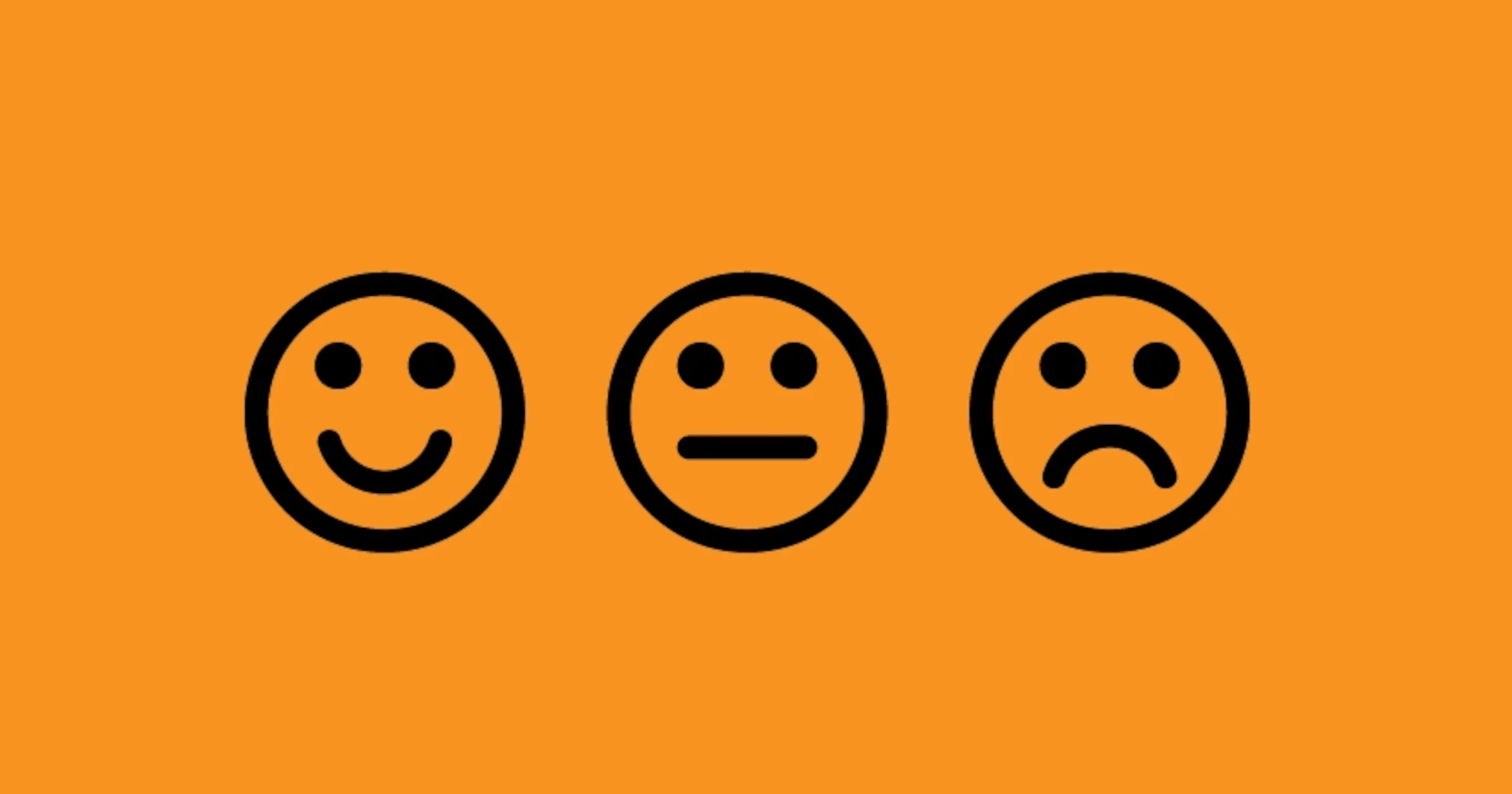
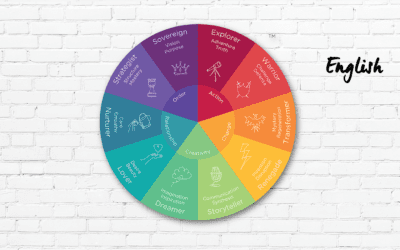
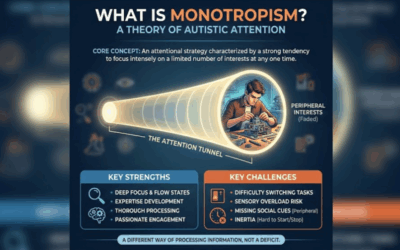
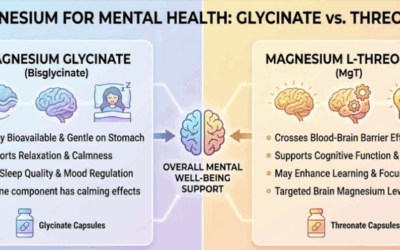
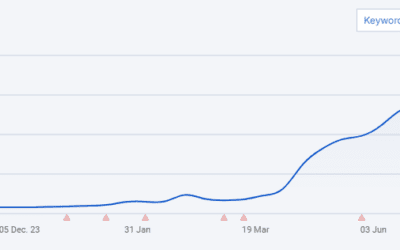

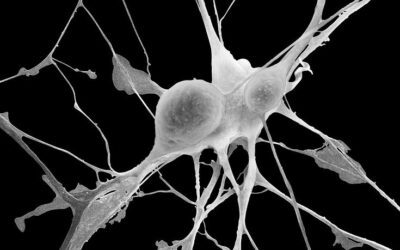







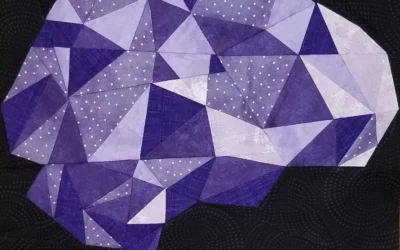









0 Comments